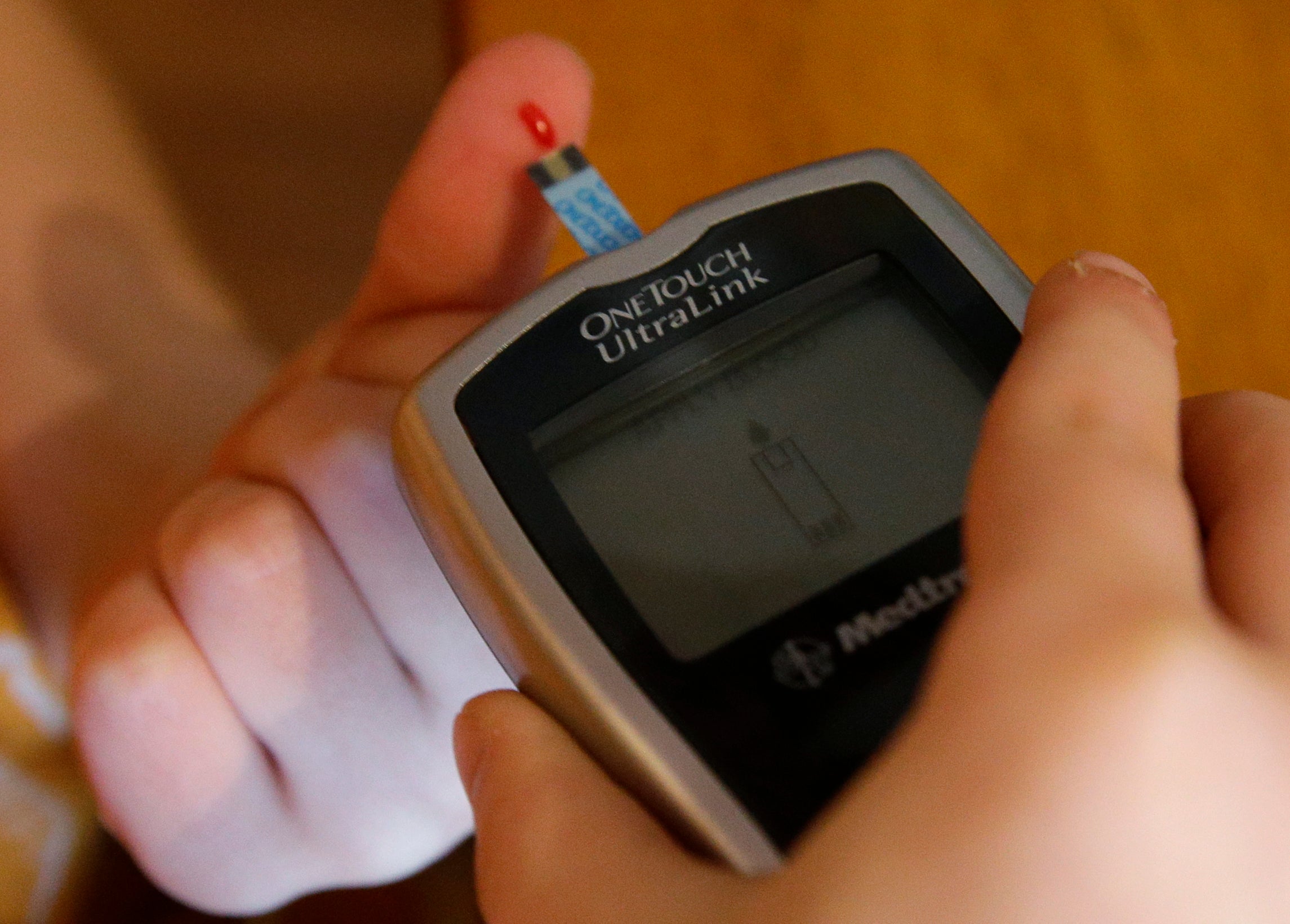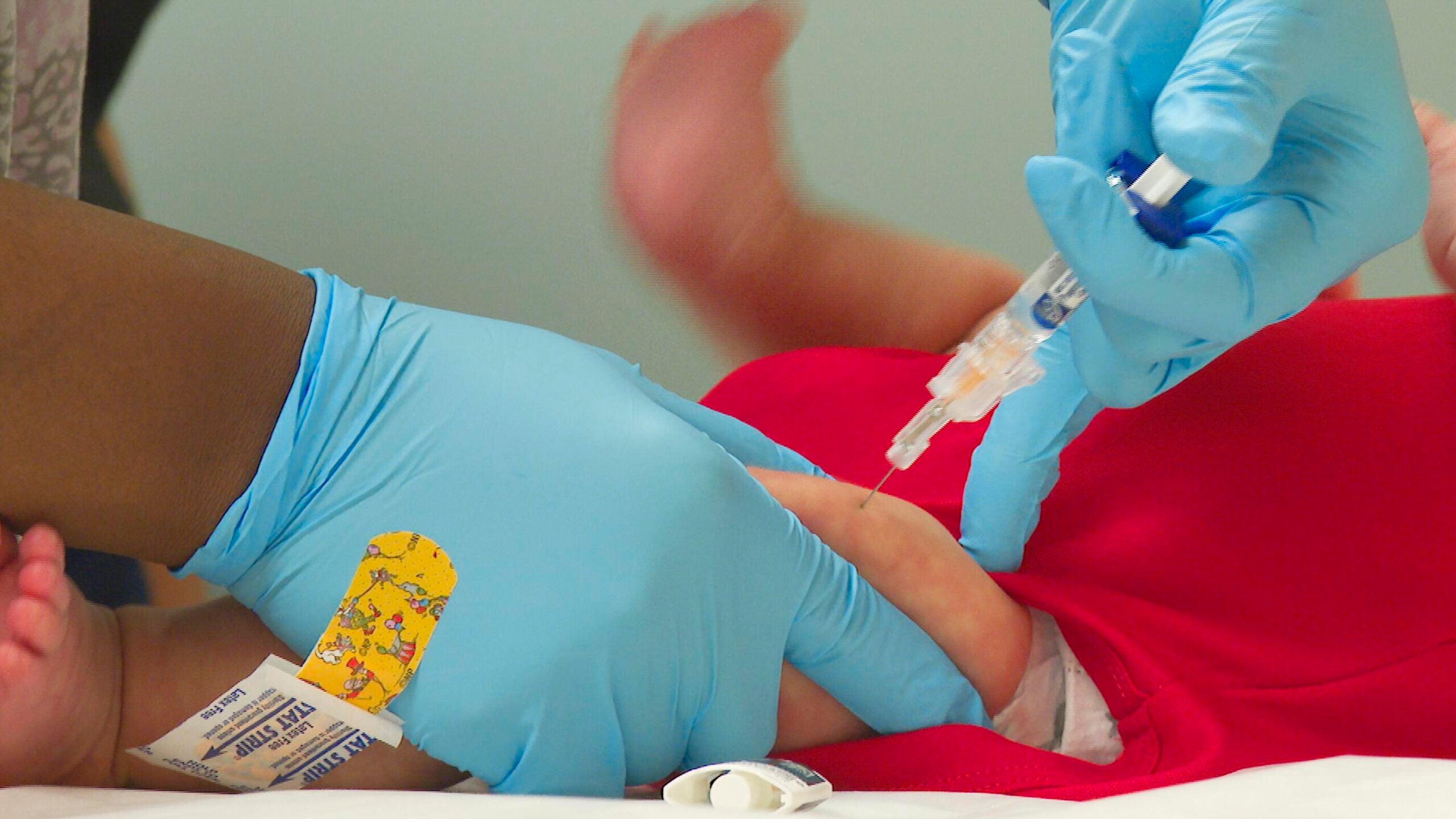People with Type 2 diabetes can face stigma and even blame when health care providers see the disease as the result of poor diet instead of a chronic condition.
It’s a misconception that Dr. Elizabeth Mann, pediatric endocrinologist at UW Health, is trying to combat as a growing number of children and teens in Wisconsin are developing the disease.
“It’s not someone’s fault that they have (Type 2 diabetes),” said Mann. “It’s a metabolic difference that happens in their body. Blaming them for it and setting unrealistic expectations of what nutrition and lifestyle therapy will do for them only serves to sort of turn patients off to come in and see us.”
News with a little more humanity
WPR’s “Wisconsin Today” newsletter keeps you connected to the state you love without feeling overwhelmed. No paywall. No agenda. No corporate filter.
Over the last two decades in the U.S., the disease has not only become more common in people under age 18, but has also started to affect younger children, including those as young as 6 years old. The National Institutes for Health launched a nationwide study earlier this year to try to understand what is driving the disease in adolescents.
Mann leads UW Health’s Pediatric Type 2 Diabetes program, where she has been treating a growing number of kids in recent years. She said the program used to have around 20 children referred to them each year, but that number is now around 150 kids.
“Many kids with Type 2 diabetes across the state don’t have the ability to drive all the way to Madison,” she said, “So we’re also talking with family medicine providers and pediatricians around the state who are caring for these kids in their clinics, with support from us or on their own.”
Mann said when a person develops Type 2 diabetes at a young age, the disease is more aggressive and is more likely to lead to further complications like heart disease. That also means nutrition and lifestyle changes alone are not as effective at managing the disease as they are in adults.
She said treatment options for the disease has greatly improved thanks to the availability of new medications, referred to GLP-1 drugs, for children.
But these drugs, sold under brands like Ozempic and Wegozy, have become controversial for their use in weight loss. Critics have questioned whether enough is known about the long-term health impacts of using these medications at a young age.
Mann said it’s difficult to get approval for the medication through Wisconsin’s Medicaid insurance program and the medications are only covered for a limited time. She said many private insurance companies will simply refuse to cover the treatment.
“When we can’t use evidence to help our patients access the right medication for them because of insurance limitations, it’s like we’re kind of fighting with our hands behind our backs,” she said. “That’s, I think, how our families are feeling too. There’s an option that could work for them, but it’s only covered for six months.”
As Wisconsin continues to see an increase in kids with Type 2 diabetes, Mann said she believes improving access to these medications is an important part of the state’ public health response. She also hopes to see increased screening and early recognition of the disease to ensure kids are getting the help they need.
Wisconsin Public Radio, © Copyright 2025, Board of Regents of the University of Wisconsin System and Wisconsin Educational Communications Board.






